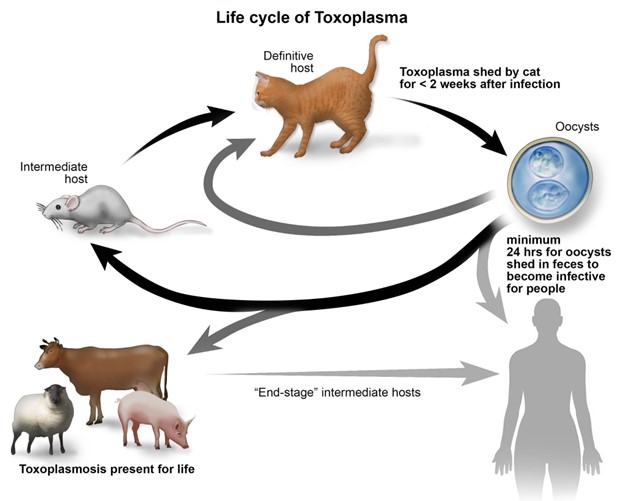A nurse is caring for a client who has a prescription for acetaminophen 300 mg with codeine 30 mg, 1 tablet every 3 to 4 hours PRN for pain.
The nurse inadvertently administers 2 tablets to the client. In which of the following locations should the nurse document this alert care incident?
Incident report
Nursing care plan
Controlled substance inventory record
Provider's progress notes
The Correct Answer is A
a. Incident report.
Whenever a medication error occurs, it should be documented in an incident report. The purpose of the incident report is to document the details of the event, including what happened, why it happened, and what was done to prevent it from happening again. Incident reports are not part of the client's medical record and are not used for disciplinary action. They are used for quality improvement and risk management purposes.
The nursing care plan is a document that outlines the client's nursing care needs and interventions. It is not the appropriate place to document a medication error.
The controlled substance inventory record is used to document the administration and dispensing of controlled substances. It is not the appropriate place to document a medication error.
The provider's progress notes document the provider's assessment, diagnosis, and treatment plan for the client. They are not the appropriate place to document a medication error.


Nursing Test Bank
Naxlex Comprehensive Predictor Exams
Related Questions
Correct Answer is D
Explanation
A productive cough with pink, frothy sputum is indicative of pulmonary edema, which is a serious manifestation of left-sided heart failure.
It suggests fluid accumulation in the lungs, impairing gas exchange and oxygenation.
Prompt notification of the provider is crucial for appropriate intervention and management of the client's condition.
Correct Answer is A
Explanation
Toxoplasmosis is an infection caused by the Toxoplasma gondii parasite. The primary mode of transmission is through the ingestion of the parasite's oocysts, which are commonly found in cat feces.
When a person comes into contact with cat feces, such as during cleaning of the litter box or gardening in soil contaminated with cat feces, they can inadvertently ingest the parasite. Therefore, handling cat feces is a common route of transmission for toxoplasmosis.

Whether you are a student looking to ace your exams or a practicing nurse seeking to enhance your expertise , our nursing education contents will empower you with the confidence and competence to make a difference in the lives of patients and become a respected leader in the healthcare field.
Visit Naxlex, invest in your future and unlock endless possibilities with our unparalleled nursing education contents today
Report Wrong Answer on the Current Question
Do you disagree with the answer? If yes, what is your expected answer? Explain.
Kindly be descriptive with the issue you are facing.
